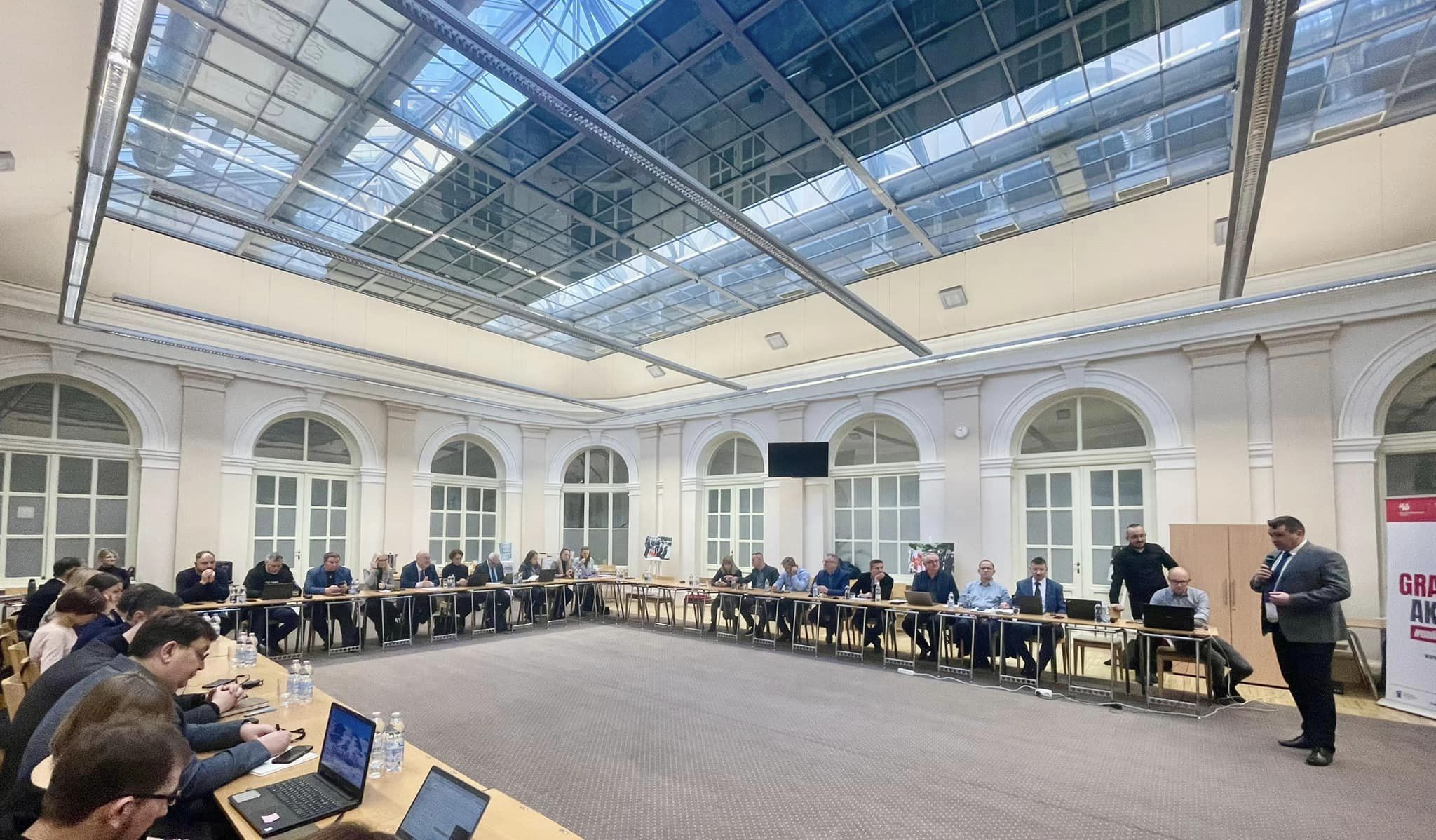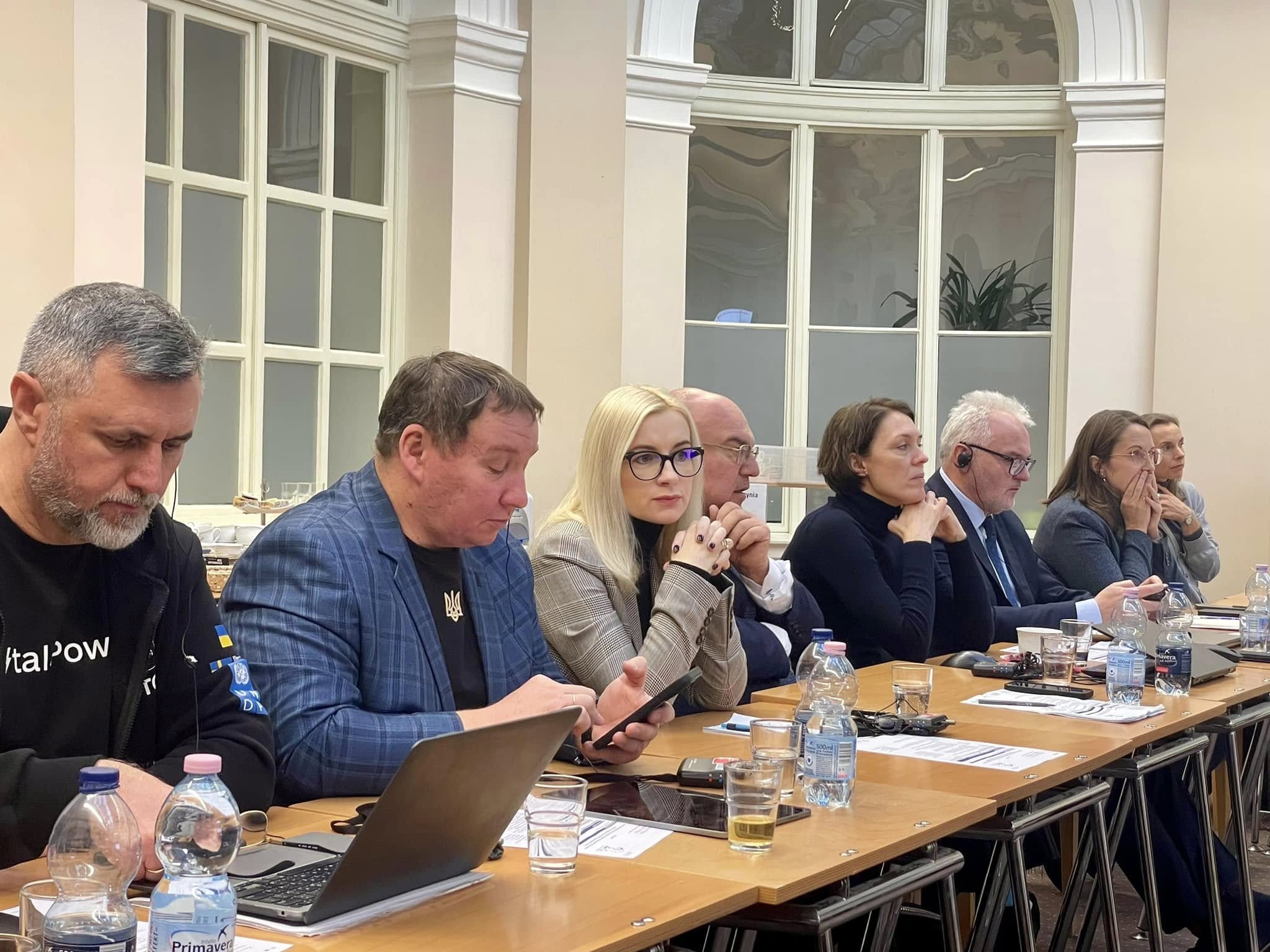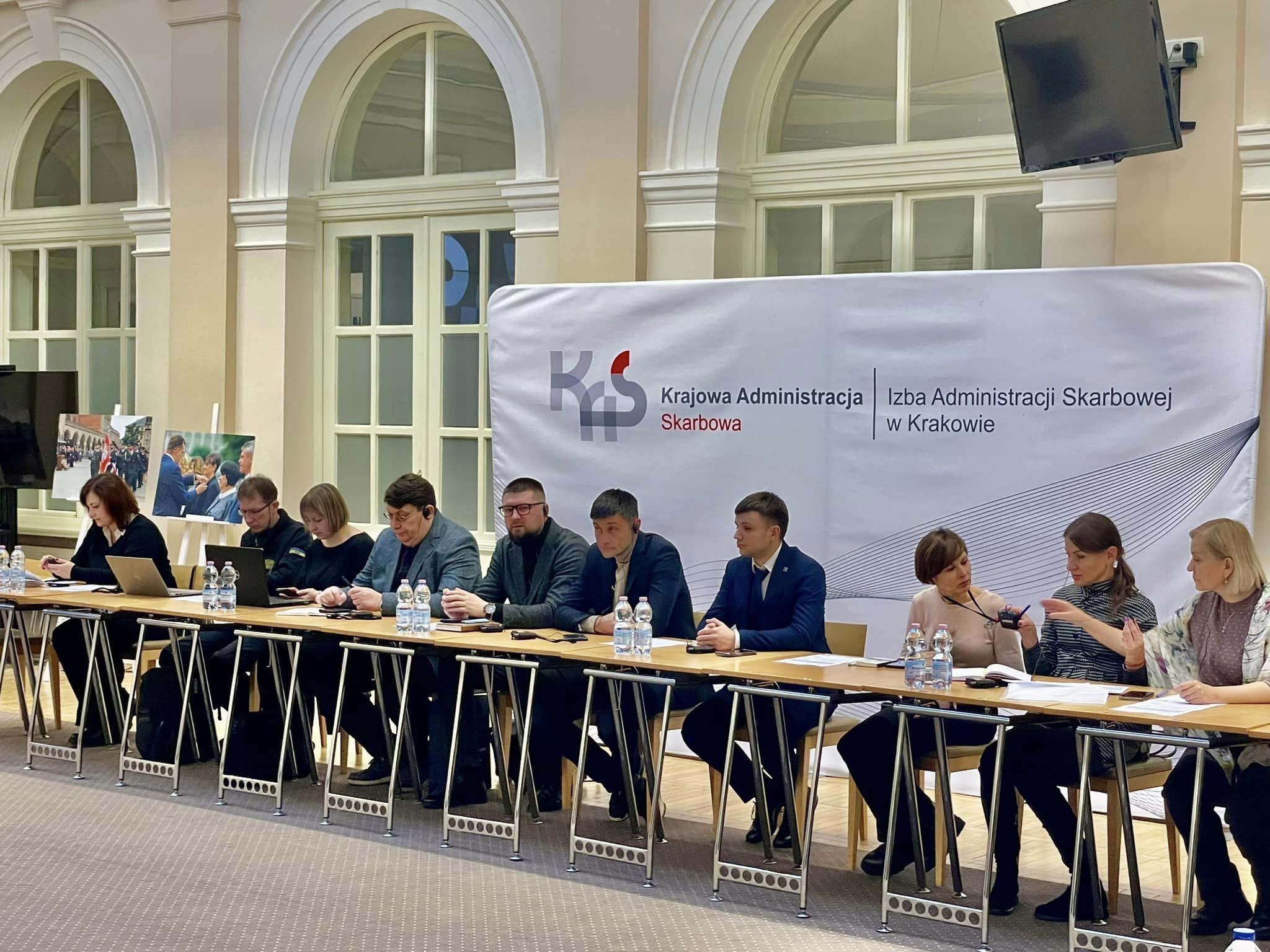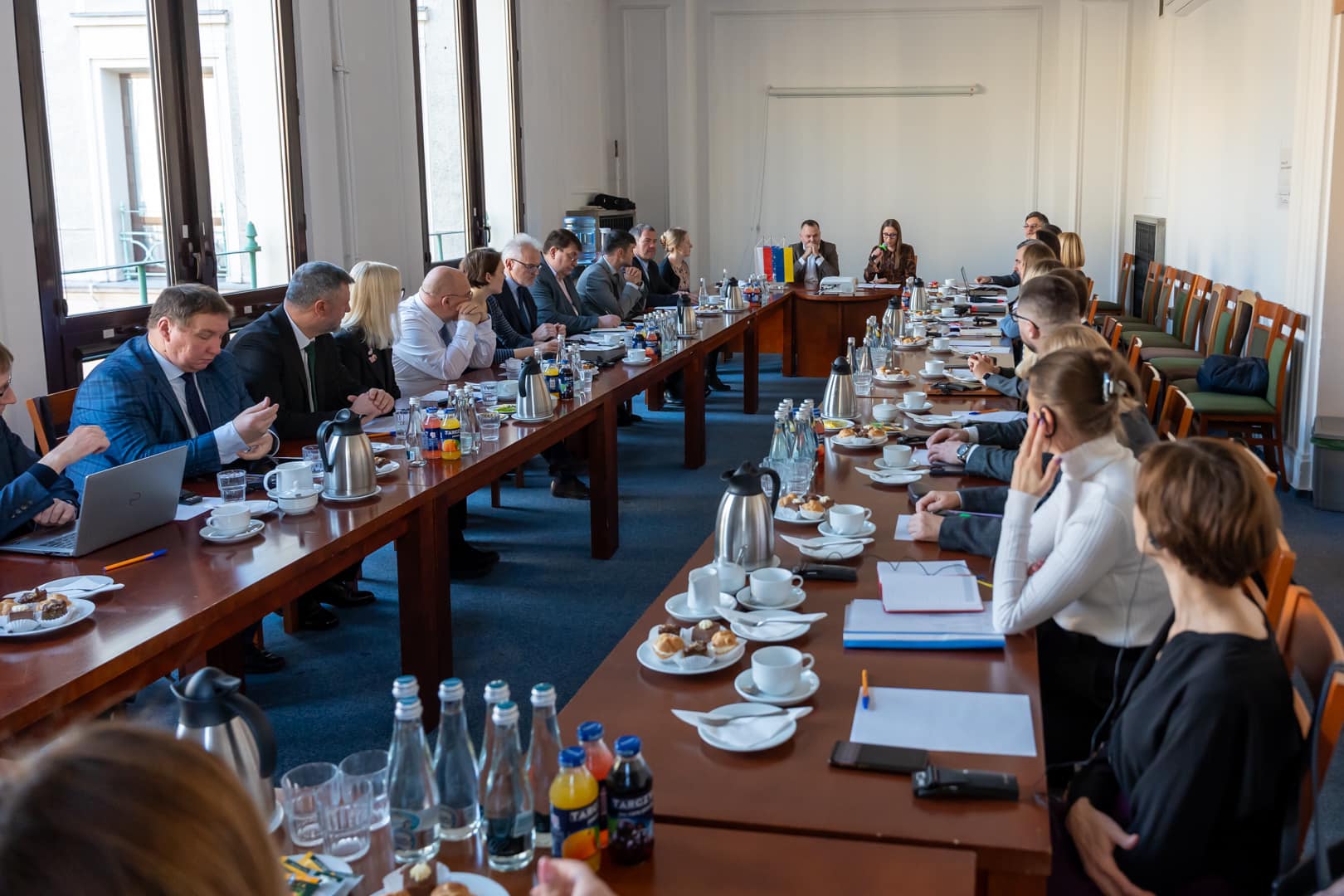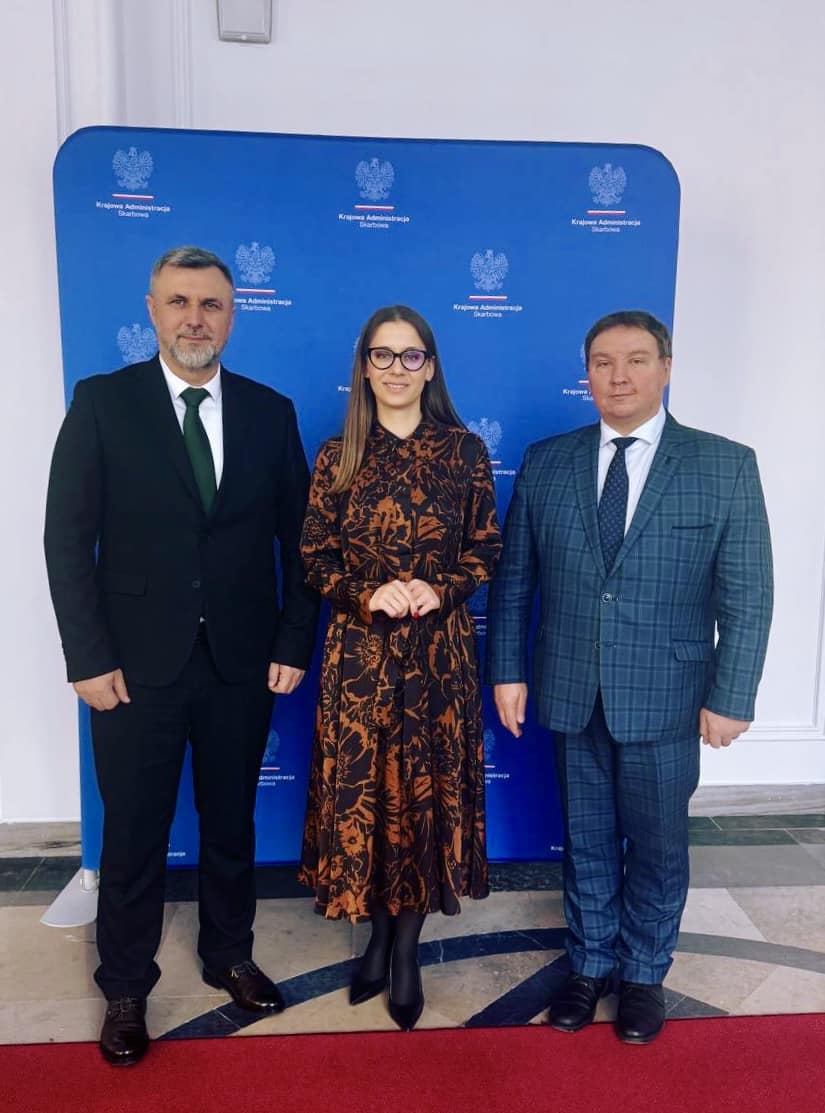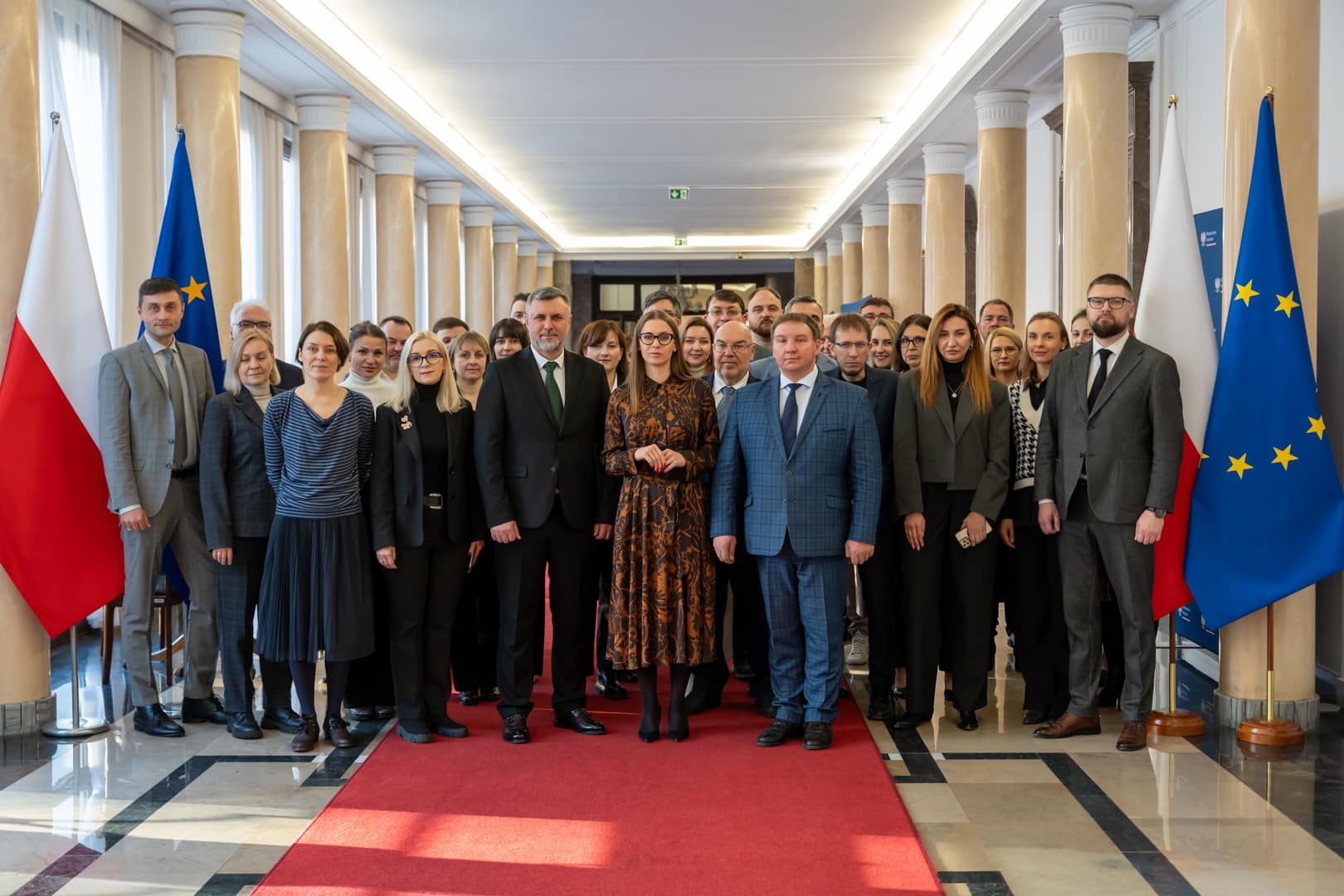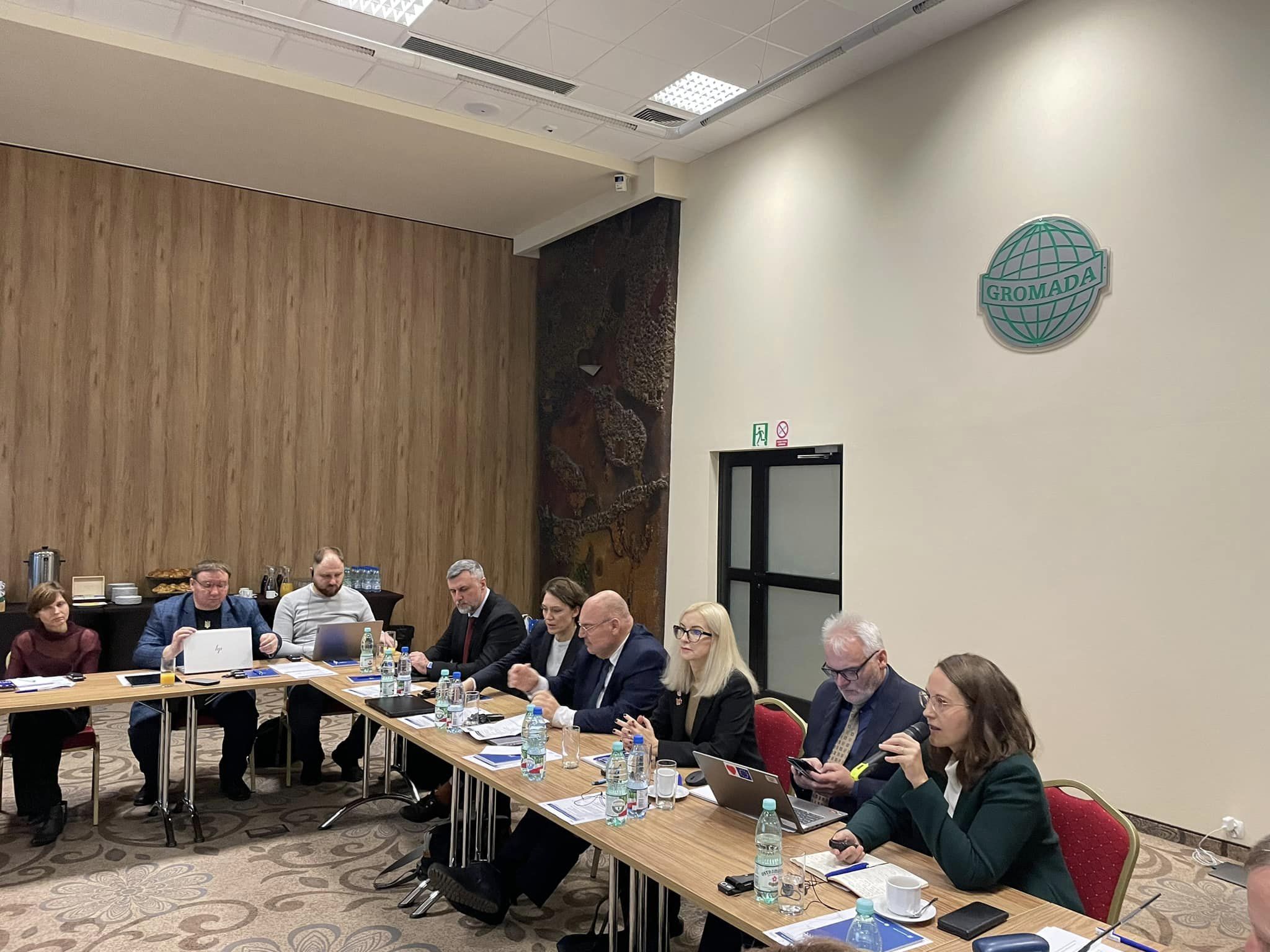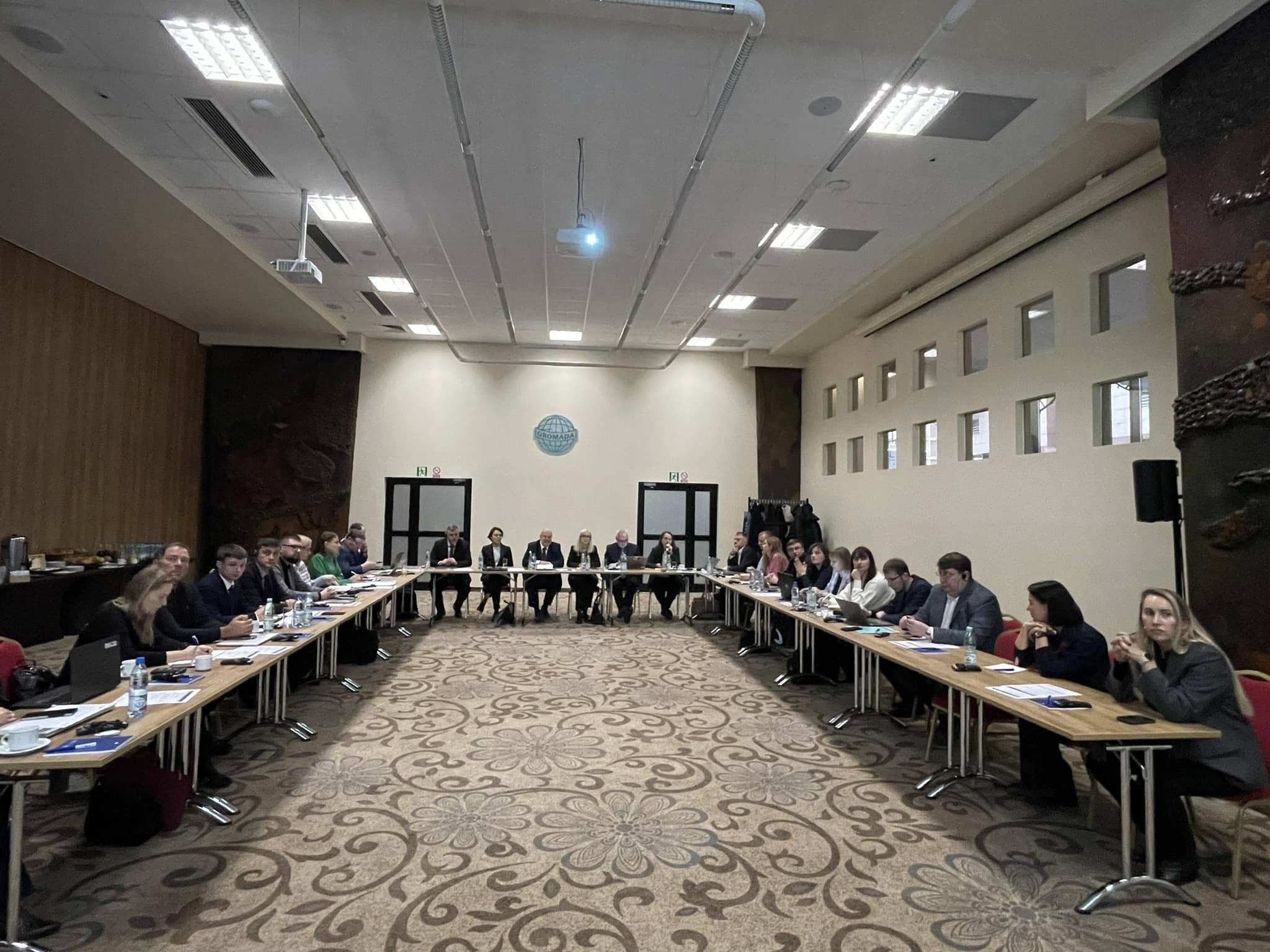European integration of UA Customs: learning from Poland’s experience in legislation adaptation and IT systems implementation
From November 25-27, a Ukrainian delegation, led by the Deputy Minister of Finance for Digital Development, Digital Transformation, and Digitalization, Oleksandr Hrubiian, and Oleg Nikolaychuk, Deputy Head of the State Customs Service of Ukraine for Digital Development, Digital Transformation, and Digitalization, paid a working visit to Poland to study its experience in customs integration with the EU.
“Implementing international customs IT systems requires significant time, human, and financial resources. Therefore, the opportunity to learn from Poland’s experience in harmonizing national customs legislation during its EU accession process cannot be overestimated. Digitalizing Ukraine’s customs is the key to ensuring transparency in customs procedures, making them more convenient and understandable for businesses, and ultimately fostering economic development and enhancing security – something critically important in the context of russia’s prolonged military aggression in the heart of Europe. The National Revenue Strategy envisions the transformation of Ukraine’s customs into the EU’s eastern customs border,” stated Oleksandr Hrubiian.
Key discussion topics included harmonizing customs legislation with the EU, adapting customs IT systems to European standards, and implementing the recently adopted Law of Ukraine on the specifics of customs service.
The Ukrainian side also emphasized that recent legislative changes in the customs sector pave the way for Ukrainian businesses to gradually transition to European customs standards and introduce special conditions for customs service that will, in the long term, improve customs efficiency and reduce corruption risks. Work on a new Customs Code of Ukraine is also ongoing.
Participants paid special attention to the optimal division of customs legislation between the new Customs Code as a high-level legislative act and sub-legislation, which can be amended more swiftly.
Regarding the further development of IT systems in the State Customs Service, initial results from the implementation of the Strategic Digitalization Plan for 2024–2026, adopted in February this year, were discussed. This included the next phase of international transit—NCTS Phase 6—and new customs clearance and risk management systems.
“European integration is our top priority. The European Commission has already acknowledged Ukraine’s significant progress in adapting customs legislation and developing the IT systems needed for EU accession. The Strategic Digitalization Plan for the State Customs Service, approved in February 2024, outlines specific actions to implement IT solutions for further digitalizing Ukraine’s customs sector. The gradual development and adaptation of national customs IT infrastructure are expected to ensure interoperability with the EU’s customs IT systems. We are optimistic about our legislative and technical readiness to meet the new challenges common to the entire EU Customs Union,” stated Oleg Nikolaychuk, Deputy Head of the State Customs Service of Ukraine for Digital Development, Digital Transformation, and Digitalization.
As part of future planning for the development of IT systems for Ukraine’s customs, DG TAXUD representatives will review the achievements of Ukraine’s State Customs Service and provide relevant recommendations.
At the same time, European Commission representatives confirmed the EU’s readiness to support Ukraine in implementing the IT systems necessary for customs reform and adaptation to European standards.
“EU4PFM continues to organize such visits with the aim of providing countries that have already undergone the process of adapting to EU standards the opportunity to share their practical experience with Ukraine. Joint discussions will help improve the management of the process of harmonizing Ukraine’s customs legislation with that of the EU,” noted Jurgita Domeikienė, EU4PFM Team Leader. She also emphasized that the EU4PFM project remains committed to supporting its Ukrainian partners on the path to European integration.
The events were also attended by the representatives of the EU Delegation to Ukraine, as well as representatives from the IMF, the European Commission’s Directorate-General for Taxation and Customs Union (DG TAXUD), the National Revenue Administration of Poland (KAS), Polish customs, the Reform Support Office under the Ministry of Finance of Ukraine, and other officials and experts.


